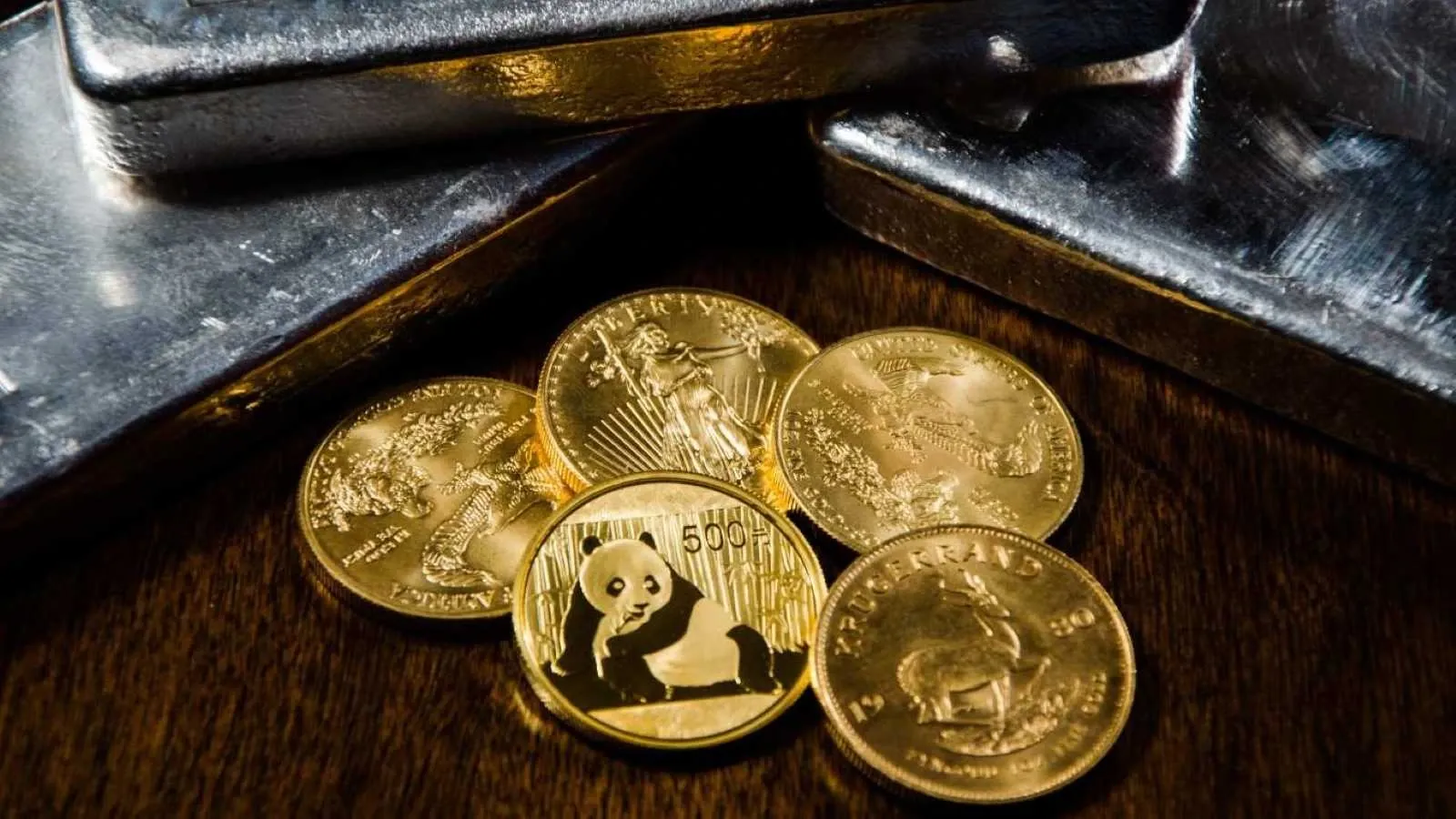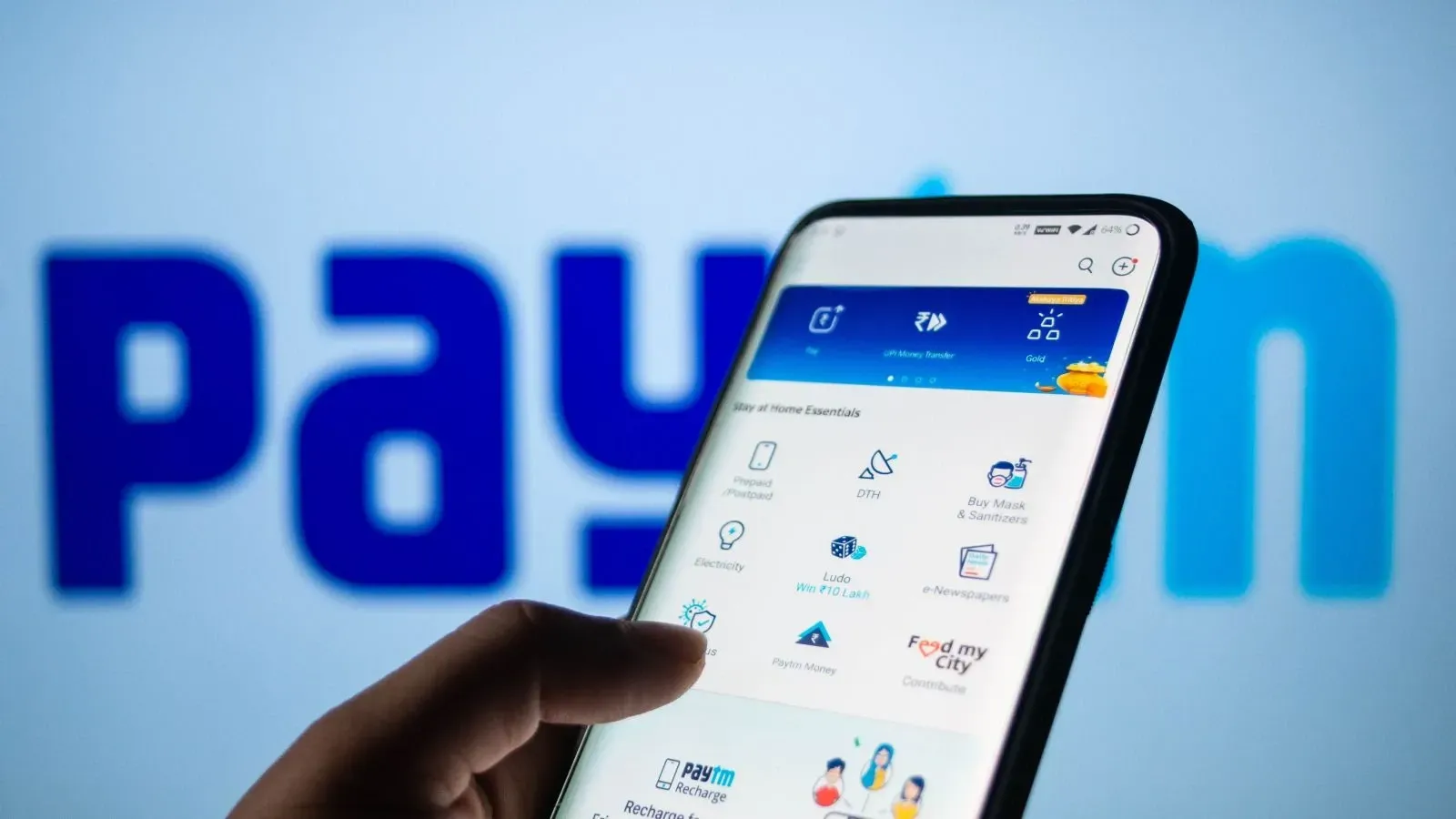Business News
UPI payments are now live in Qatar: How many countries accept UPI payments, and why does it matter?

4 min read | Updated on September 25, 2025, 12:44 IST
SUMMARY
Indians are the second-largest group of international visitors to Qatar, NPCI said in a statement, adding that this partnership will help them make real-time transactions across the country, thereby reducing the need to carry cash and eliminating currency exchange hassles.

The UPI acceptance, powered by NETSTARS’ payment solution, would currently be limited to merchants in QNB’s network.
The Unified Payments Interface (UPI) is now live in Qatar, which means that UPI will now be accepted at various point-of-sale (POS) terminals across Qatar.
This move will enable Indian travellers to make UPI payments seamlessly at major tourist attractions and Qatar Duty Free outlets, which is the first merchant to go live on UPI, National Payments Corporation of India (NPCI) said in a statement.
Qatar National Bank (QNB), in collaboration with NPCI International Payments (NIPL), has enabled UPI access across merchant terminals in Qatar.
The UPI acceptance, powered by NETSTARS’ payment solution, would currently be limited to merchants in QNB’s network, and only QR-based UPI will be available for now.
Why does this matter?
Indians are the second-largest group of international visitors to Qatar, the statement by NPCI said, adding that this partnership will help them make real-time transactions across the country, thereby reducing the need to carry cash and eliminating currency exchange hassles.
Moreover, it is expected to benefit Qatar's retail and tourism sectors as UPI acceptance will increase transaction volumes of merchants acquired by QNB, the statement said.
"We aim to enhance the acceptance of UPI globally and create a truly interoperable global payment network. The partnership with QNB is a step towards this journey," NPCI International MD and CEO Ritesh Shukla said.
It will help millions of Indian travellers make seamless, secure digital transactions and reduce their dependence on cash, he added.
This will not only be convenient for Indian travellers but will also boost the retail and tourism sectors in the Qatari market.
This milestone not only enhances convenience for Indian travellers but also brings significant benefits to the Qatari market by promoting cashless transactions, boosting retail and tourism sectors, and strengthening interoperability in the payments ecosystem, Yousef Mahmoud Al-Neama, Group Chief Business Officer, QNB, said.
Importantly, it will also enable local merchants to thrive by attracting more customers and providing them with seamless digital payment options, he added.
Countries accepting UPI
Currently, these 8 countries accept UPI payments, including the newest addition, Qatar:
- Bhutan: This was the first country to accept UPI payments by enabling QR payments across many merchants.
- Mauritius: In a collaboration with NPCI, UPI and RuPay cards are accepted in the country.
- Nepal: UPI was adopted to strengthen cross-border financial collaboration with India.
- Sri Lanka: UPI is enabled for tourists, allowing them to travel and make payments with convenience.
- France: UPI can be used for retail purchases. It is expected to be expanded in the near future.
- Singapore: UPI is available with Singapore’s PayNow system, enabling instant cross-border transfers.
- United Arab Emirates: The UAE introduced UPI for the retail and hospitality sectors.
- Qatar: Initially, UPI payments will be enabled at Qatar Duty Free outlets at airports and major tourist destinations.
UPI in India
UPI was developed by the National Payments Corporation of India (NPCI) to enable instant money transfers through a Virtual Payment Address (VPA) (or a UPI ID). It allows individuals to make payments without the need to share bank account details and enables seamless cashless transactions in India.
It is one of the most significant advancements in the financial infrastructure in the country, placing it ahead of many others by enabling real-time, low-cost and highly secure digital transactions accessible to almost every section of society.
UPI is now very commonly used in tier-2 and tier-3 cities in India, enhancing financial inclusion and reducing dependency on cash.
As of August 2025, UPI processed over 20 billion transactions with a value of as much as ₹25 lakh crore. Daily transactions through UPI have doubled in the past two years.
Related News
By signing up you agree to Upstox’s Terms & Conditions
About The Author
Next Story



